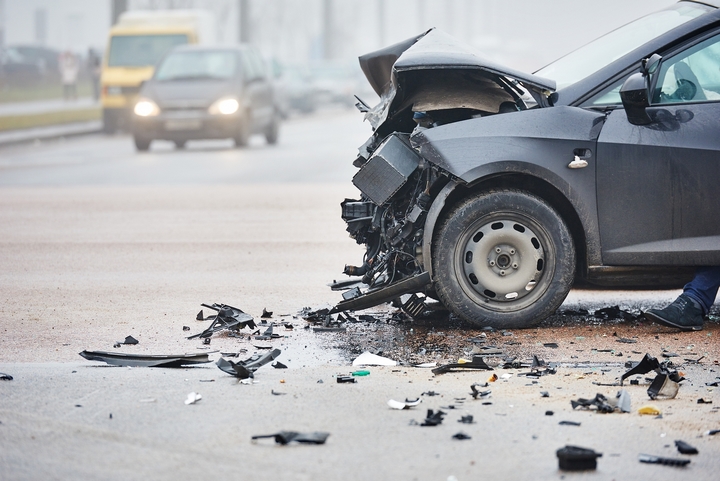No one wants to be involved in a car accident, but unfortunately, it is a daily occurrence on our busy roads. There is property damage and personal injury as a result, and it can be hard to know what to do once the literal dust clears.
Following an accident, getting all your ducks in a row is vital to ensuring you are prepared for any insurance issues or litigation. Immediately after an accident, you need to ensure you have no injuries. Once you are medically okay, there are several essential follow-up tasks after a car accident that you must do to protect yourself. Follow a task list so you can confidently deal with this issue and return to your regular life again.
Here are seven follow-up tasks after a car accident:
1. Contact an accident lawyer

Your first follow-up task is to hire a car accident lawyer Toronto. While this may be a simple fender bender, the accident can quickly spiral into a large claim and lawsuit before you know it. You need expert legal advice to assist you in this process so you are not taken advantage of. You want to successfully fight a court case and have someone in your corner to get fair compensation for any wrongdoing or injuries.
Don’t discuss anything to do with the accident that could be used against you with other parties involved, the insurance companies or even on social media. Keep all this information between you and your lawyer. They will advise you on what is appropriate to discuss and what to keep quiet about.
2. Move your vehicle
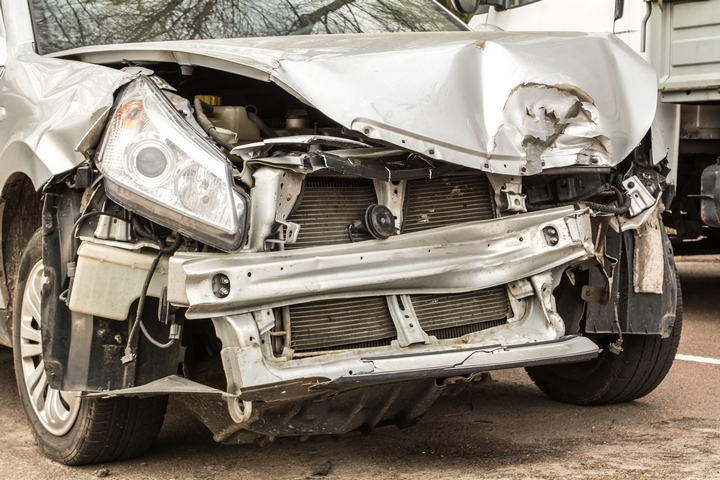
If your car can safely drive, move it to a safe area to clear the street. Any other vehicles involved should also do so, and then you can communicate with them without distractions or hazards.
3. Call emergency services
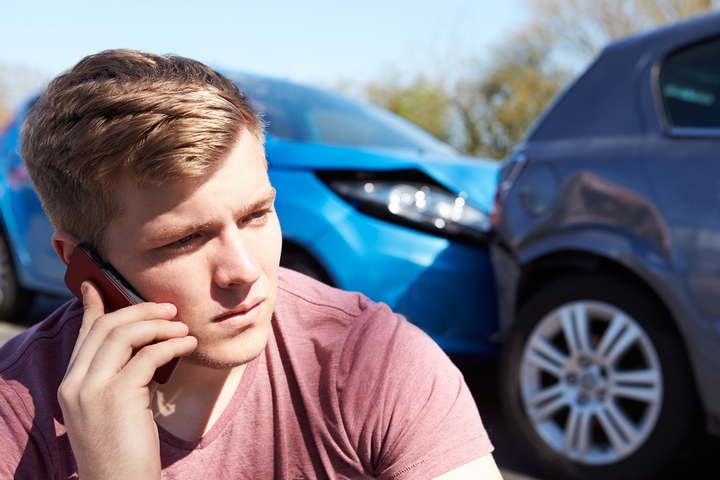
Injuries are very common during an accident; even if you feel okay, you should be checked out. The police should also be notified to ensure the street is safe for traffic and help you with the incident. They will want to:
- Take personal information
- Get details of the accident
- Start an investigation
Police are also important if there is any threat or violence from other people involved in the accident.
4. Exchange information
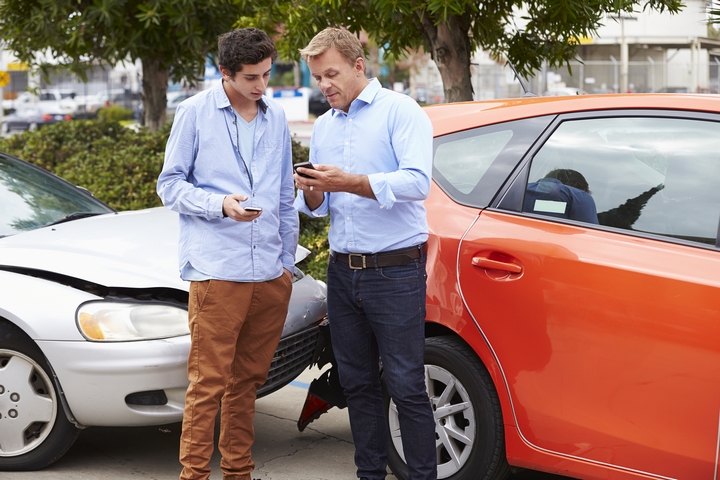
Even though the police will take detailed information, you need to get personal information from the other drivers in the accident. Take a picture of their licence plate and ask for their driver’s licence. Be willing to give all your information to them because they should also collect it for their records. Other information to get is name, address and phone number if they are willing to give it to you.
Make sure not to take the blame for anything because you don’t know all the factors involved in the accident, and you need time to go through and sort all the details in your head.
5. Collect accident information
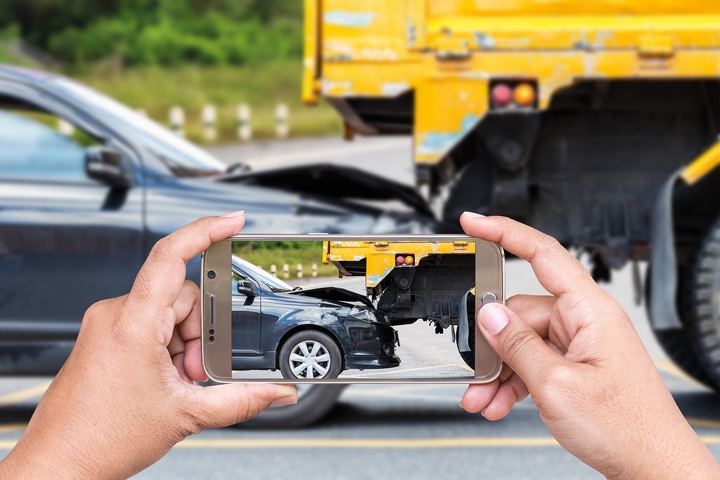
This is vital when it comes time to contact your lawyer and file a claim for the accident. Information you should collect includes:
- Address or accident
- Time of day
- Weather conditions
- Pictures of skid marks, wet roads, shattered glass or other car debris
- Wide and close-up photos of the accident scene as well as your vehicle and any others involved
- Any other property damage
- Eye witness information
- Police report
It is also important to take detailed notes of the accident while it is fresh in your memory. It may be weeks or months before it is resolved, and you need to record what happened. This is your personal property, and it doesn’t need to be shared with anyone except maybe your lawyer.
6. Follow-up medical treatment
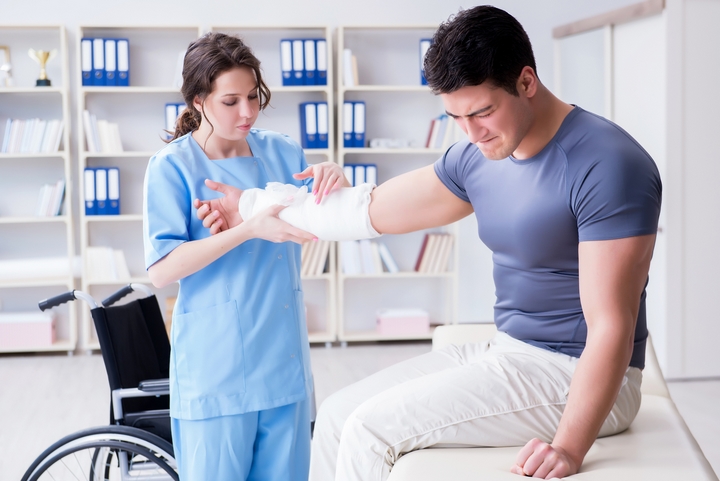
If you go straight to the hospital, you will be assessed and treated for your injuries. Even if you seem okay after the accident, you must follow up with your doctor as soon as possible. There can be underlying issues that may present themselves later, so check out and obtain a copy of the medical report for your accident files.
Also, make sure you attend all prescribed medical appointments, whether just a checkup or ongoing rehab.
7. Contact your insurance company
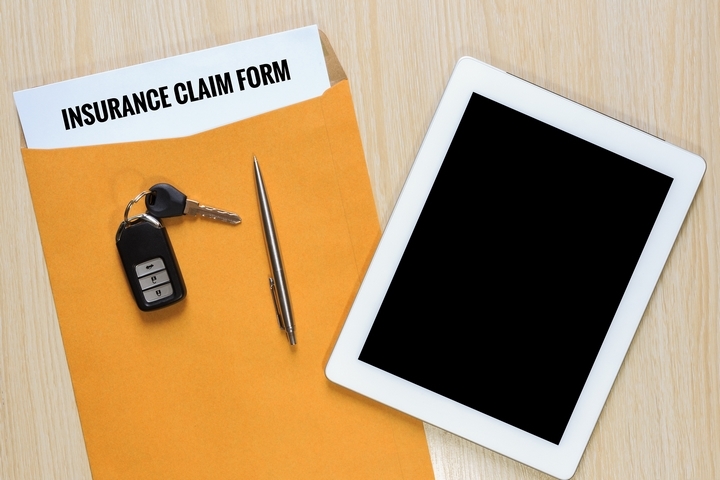
You need to make an accident claim with your insurance company within seven days of the accident. Without it, you may not have any coverage, and the other party could completely blame you for the accident. They will take down basic, personal information and then specific questions about the accident, including:
- Date, time and location of the accident
- Any injuries sustained
- Damage to the vehicle
A claims officer will contact you, and then they will determine the extent of coverage that your claim will provide. Don’t admit guilt, and don’t sign off on any claim.

